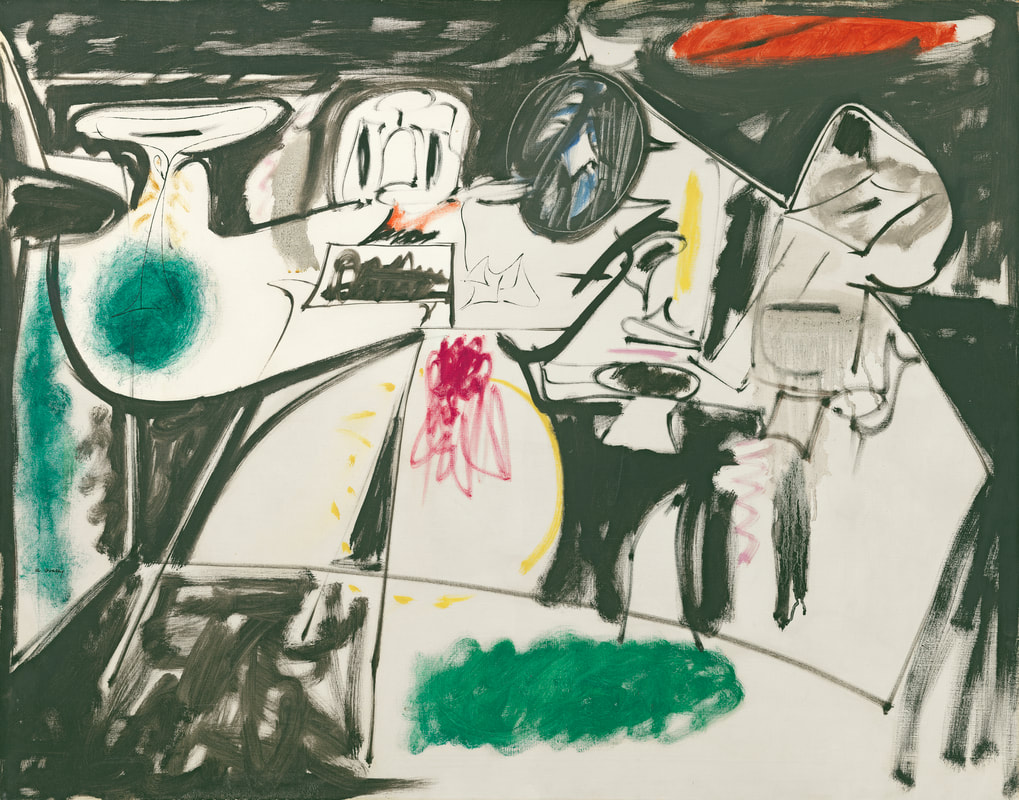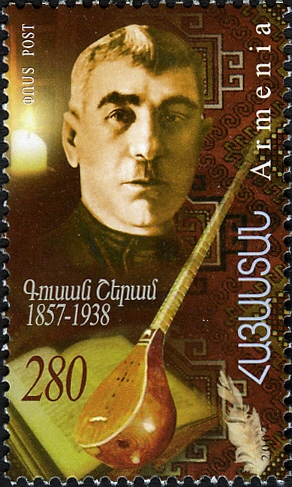Remote 3-Hour Workshop: Lory Bedikian: The Ode
Lory Bedikian, a long time poet, award winner and APP collaborator will be teaching a virtual class on Thursday, November 16, 12-3pm ET at Poets House.
The Book of Lamenting
by Lory Bedikian
begins on edges of highways
where the sun raises its swollen belly,
grasses outgrow themselves,
vineyards wither their nerves.
The sun cracks the dashboard,
slithers between rows of eucalyptus, juniper,
rolls along the wheels of trucks.
Past crows that caw, pod atop railroad crossings,
the engine cranks its monotonous pulse, distracts me
from posted signs, the yellow snake that guides me along.
This is where I find reasons to question the living,
my father’s face held
in his hands, his brows etched
in the stained glass of the missions,
my mother’s sacrifice dwelling
in deserted turnpikes, her eyes
gazing from overgrown orchards.
Trees disappear. Dried brush crumbles
into camel’s fur. In the distance, no horizon,
but tumbleweed large as sheep.
This is where I am when the world has closed its ears,
alongside rusted tractors, abandoned fruit stands,
roaming for hours, nothing but barbed-wire fences,
nothing but the smells of harvest and gasoline.
The road matters more than the earth,
more than those on the road, it turns
into a spine, ladder of teeth and bone.
In the passenger seat, my grandmother’s ghost
holds a palm full of seeds, scatters them
skyward for the crows to eat.
All of it behind us now. She tells me
not to tangle my nerves, not to stop
the creed of the open road—
nothing that runs can stay the same.
Copyright © 2011 Lory Bedikian. This poem originally appeared in The Book of Lamenting (Anhinga Press, 2011). Used with permission of the author.











